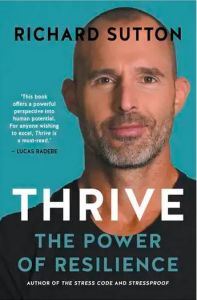
Recommendation
Many companies name “resilience” as a core value, but their leaders and workers lack the traits associated with resilience. With anxiety disorders sharply on the rise, explains best-selling author Richard Sutton, leaders must work to create psychologically safe workplaces, building cultures rooted in values such as trust, dignity and respect to bolster resilience among team members. Gain insights from the latest neuroscience research about practical steps you can take to support brain health and boost your resilience as a leader, while helping others in doing the same.
Summary
About the Author
Richard Sutton is the CEO of The Performance Code and the founder of Sutton Health – a global consultancy focusing on business health and performance.He is the best-selling author of The Stress Code: From Surviving to Thriving.


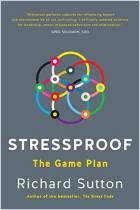
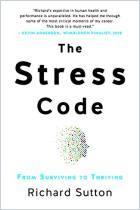
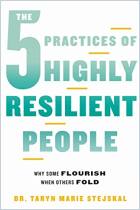
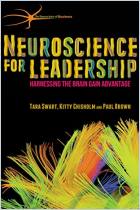
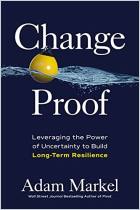
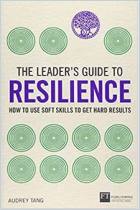
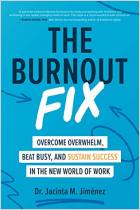
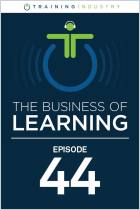




Comment on this summary